Beneath the canopy of lush rainforests on the Andaman Islands, atop a hillock, deep inside damp caves, reside the famous EdibleNest Swiftlets – endangered yet persistent, provoking critical questions in the minds of visitors who make it this far.

The Andaman Islands, as described by many, are a paradise with stunning white sandy beaches, rich marine life, pristine forests, and national historical monuments such as the Cellular Jail. The islands attract thousands of tourists, explorers and researchers from around the world owing to their panoramic beauty. Last summer I got to see it for myself and to admire the marine ecosystem while experiencing the island life. Besides exploring the islands, my aim was to find out a bit more about the tiny birds called ‘Edible Swiftlets’. Until then, when I thought of birds’ nests, I knew only birds who weave their nests with sticks, hay, and leaves, in rocks, cliffs and sand, but birds making nests that are edible was something I had never heard of before.
With some reading and internet surfing, I learnt that these are cave dwelling birds, and are known to nest in limestone rocks, cliffs and caves along the sea shore. The nests of these birds are made up of their saliva and are harvested for consumption and preparation of a soup, hence the name ‘Edible-Nest Swiftlets’. This soup is considered a delicacy in many parts of the world, especially in Southeast Asian countries, and is popularly known as the ‘caviar of the East’. Overall, the species is confined mostly to Southern Asia, and in India they are found only in the Andaman and Nicobar Islands. The Indian government has accorded the species the highest level of legal protection due to its narrow distribution and endangered status.
WAITING FOR THE CROSSOVER
This story is from the June - August 2017 edition of Saevus.
Start your 7-day Magzter GOLD free trial to access thousands of curated premium stories, and 9,000+ magazines and newspapers.
Already a subscriber ? Sign In
This story is from the June - August 2017 edition of Saevus.
Start your 7-day Magzter GOLD free trial to access thousands of curated premium stories, and 9,000+ magazines and newspapers.
Already a subscriber? Sign In

Staying ALIVE!
The importance of getting to the root causes of conflict with wildlife, is essential. Its mitigation will guarantee the very survival of all species.
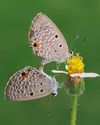
Frames from the WILD
A few amazing shots from a horde of incredible ones!
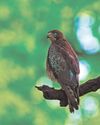
WAKE UP!
A frightening thought a world without wildlife, mornings without birdsong, and all that we take for granted! We must realise the dangers threatening the beauteous green world and its inhabitants around us!

Dolphin DILEMMA!
A crucial article to highlight the significance, and plight of Our riverine friends.
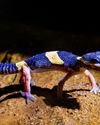
Gecko Quest!
The authors take us on the trail of a gecko from West Bengal, through the hills of the Bankura district.
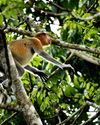
Endangered EXOTICA!
The author takes us on an exotic ride into the forests of Malaysia, allowing us glimpses of the beauties of its wildlife!
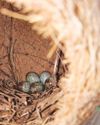
Mellifluous Magpie!
Immerse yourselves in the world of the musical and glorious Magpie Robin! The authors help acquaint us with this beautiful bird.
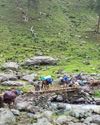
Think Different!
The author brings to us the very real concern for the horses employed around pilgrimage sites in India.
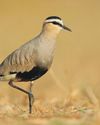
Take Heed!
The authors make a case for the conservation of the rare and lesser-known Sociable Lapwing.
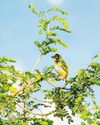
Close Encounters!
The author introduces us to two amazing yet very different bird species, showing us the diversity of our ecosystems,